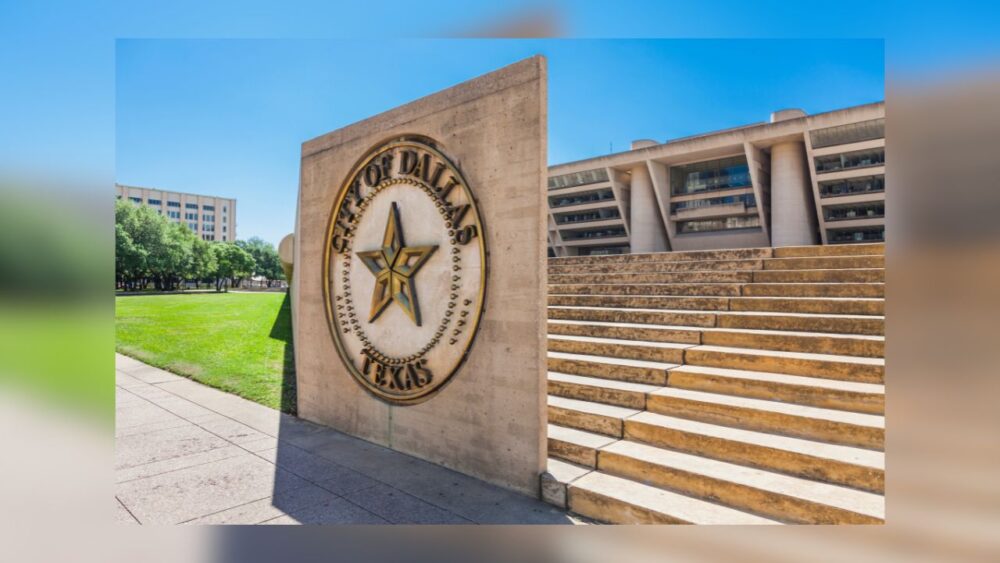Dallas city officials face mounting controversy over the recent appointment of a new Inspector General. Timothy Menke lacks the legal credentials explicitly required by the city charter. Menke does not hold a law license, in direct violation of a voter-approved requirement established in November 2024.
The dispute highlights tensions between the City Council’s selection process and charter mandates designed to ensure the watchdog office’s independence and credibility.
In November 2024, Dallas voters approved Proposition L, a charter amendment requiring that the inspector general be a licensed attorney. The measure aimed to ensure independence, credibility, and adherence to professional legal standards. Ballot language and city records make the requirement explicit.
Section 1(a) of the Dallas city code leaves no room for interpretation. The provision states that the head of the Office of Inspector General must be a “competent practicing attorney of recognized ability, a certified inspector general.” City lawmakers crafted the language deliberately to guarantee both legal expertise and professional standards.
The Inspector General’s role carries significant responsibility within Dallas city government. The office conducts independent investigations of ethics violations, fraud, waste, abuse, and public corruption and prosecutes cases before the Ethics Advisory Commission, with attorneys, investigators, and staff providing support.
The Office of Inspector General is a relatively new addition to Dallas government. The City Council created the position in December 2021, and voters added it to the city charter in November 2024. Appointment requires a majority vote of the full City Council, while a two-thirds vote is needed for removal.
The charter violation has sparked concerns among city officials and residents about the appointment’s legality and its potential impact on the office’s effectiveness. Critics argue that bypassing the attorney requirement undermines the independence and credibility the position was designed to maintain.
Menke, a former U.S. federal official with experience investigating fraud and corruption, received the appointment despite the charter requirement. His selection raised questions about the process, particularly because the city’s job posting for the role did not state that the candidate needed to be an attorney. Supporters point to his investigative background, but critics maintain the law license mandate cannot be ignored.
The Dallas City Council met in closed session on Aug. 20 to discuss “the appointment, employment, evaluation, reassignment, duties, or dismissal of the Inspector General,” according to the posted agenda.
The controversy may prompt legal challenges or force the City Council to reconsider the appointment. With the attorney requirement now embedded in the city charter through direct voter approval, council members may have to reverse the decision. Observers say reversing the decision would honor the voter mandate and help the city avoid litigation.


